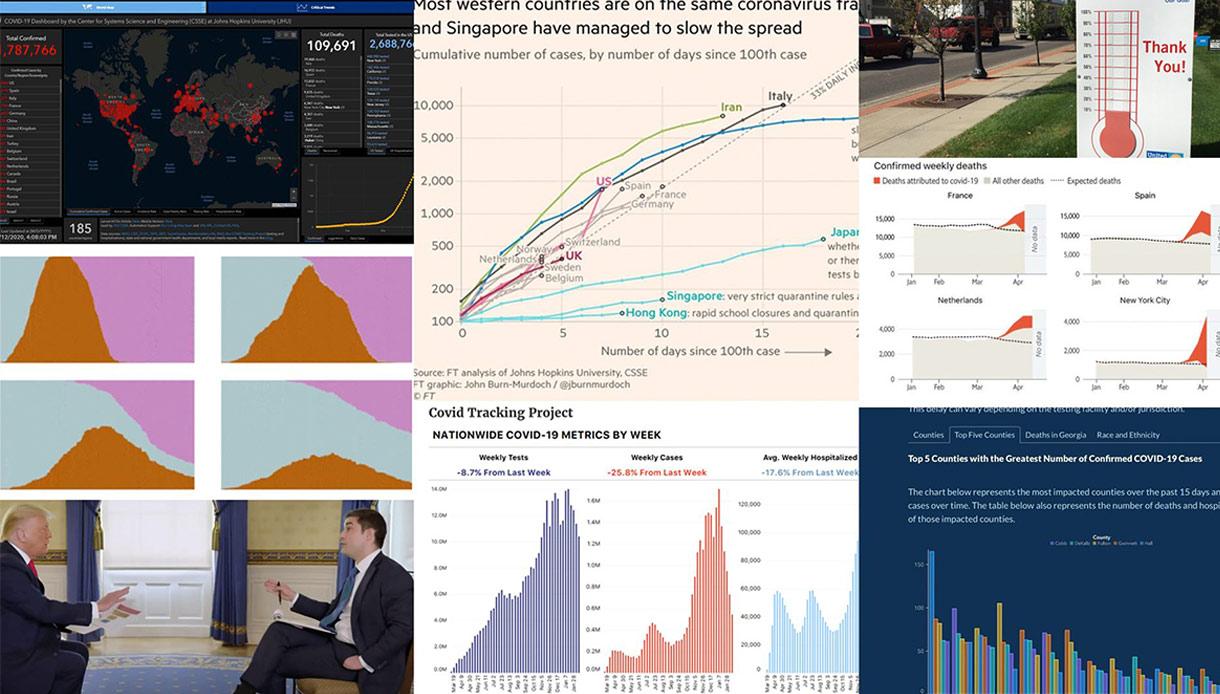Toward a Sustainable Model of Scientific Publishing
We need a sustainable model of scientific publishing that is beneficial to scientists, universities, and the public.

opinion articles
Send us a link
We need a sustainable model of scientific publishing that is beneficial to scientists, universities, and the public.

Implementing changes to promote a fairer distribution of funding is necessary to improve career prospects and to drive excellence in scientific research.

The Covid crisis has shown that consensual information-sharing does not have to erode our democratic rights.

Coronavirus has shown how good science should be embedded in all big political decisions.
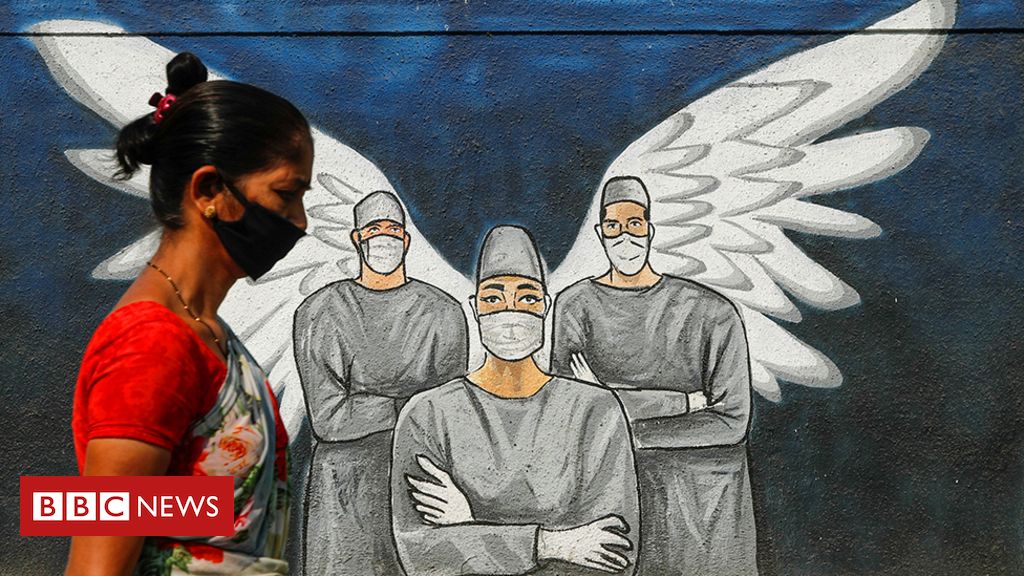
Just look at who is really in control.

Private affluence is individuals gaining things for themselves – possessions, nice homes and experiences, trampolines. Public affluence is money spent lavishly on things that are shared – libraries, parks, buses, playgrounds.
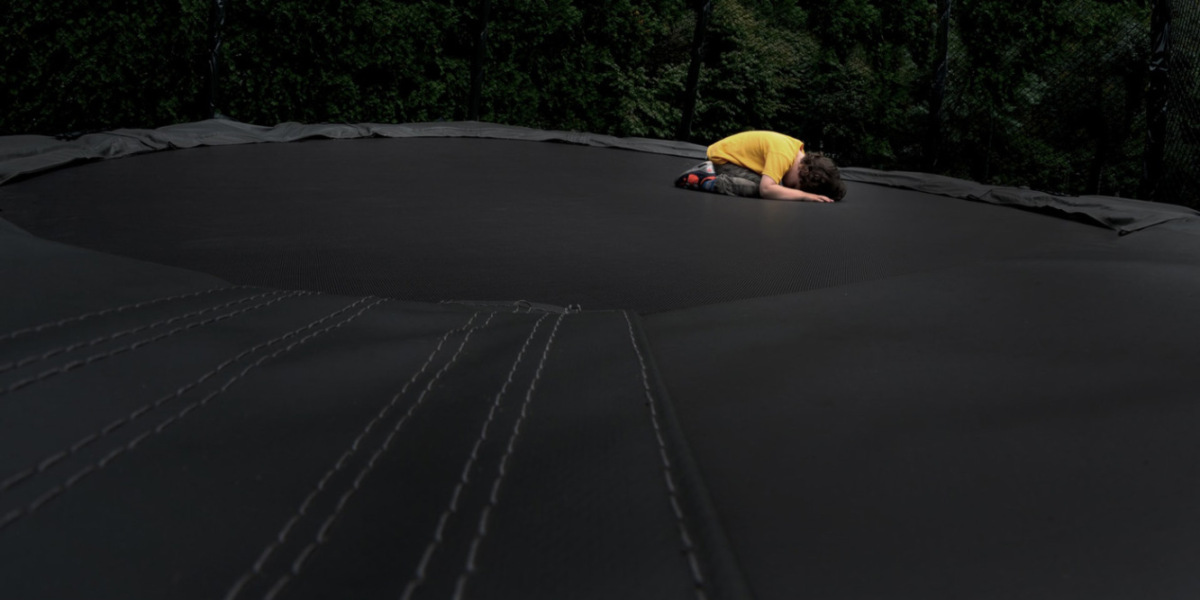
Beth Penrose describes her experiences starting a lab, recruiting staff and creating a research philosophy.
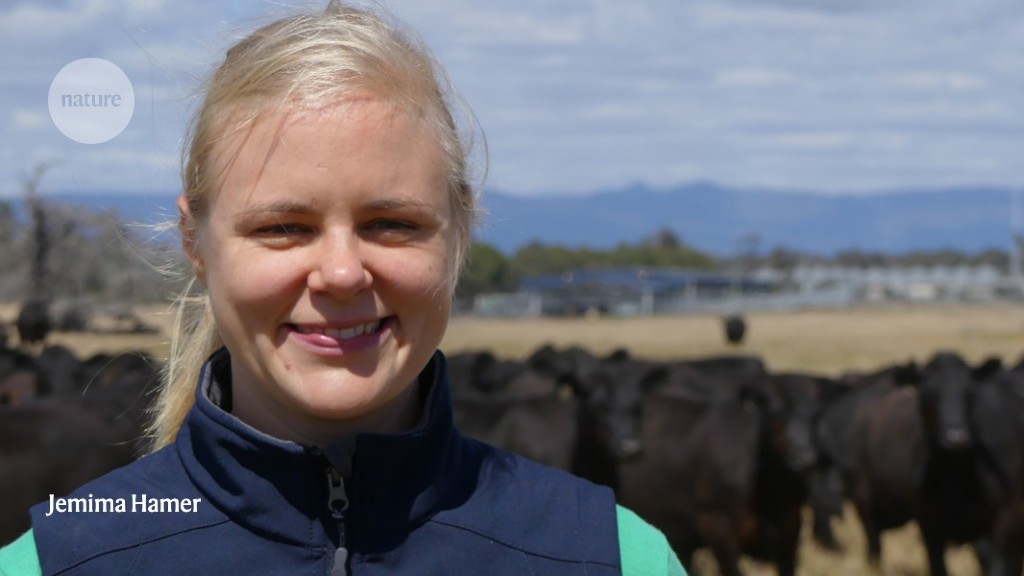
Starting a research group as the COVID-19 pandemic took hold across the world presented extra challenges.

There should be a science-based policymaking process in disaster risk reduction.

Graeme Atherton, Director of the National Education Opportunities Network (NEON), University of West London and Gordon Marsden, Shadow Minister for Higher and Further Education and Skills from 2015 to 2019. You can find Graeme and Gordon on Twitter @NEONHE @GordonMarsden. Lighter days, brighter COVID statistics and the tremendous NHS achievement of mass vaccination across the […]

All pandemic long, scientists brawled over how the virus spreads. Droplets! No, aerosols! At the heart of the fight was a teensy error with huge consequences.
The World Health Organization’s director-general urges developed world to donate Covid vaccines to Covax programme.

We should strive for open but also be realistic about the options truly available to researchers and discuss them transparently and honestly, argues Dustin Fife.

Vital international scientific work, including studies into how viruses spread, is being jeopardised by short-sighted cuts, says Prof Fiona Tomley
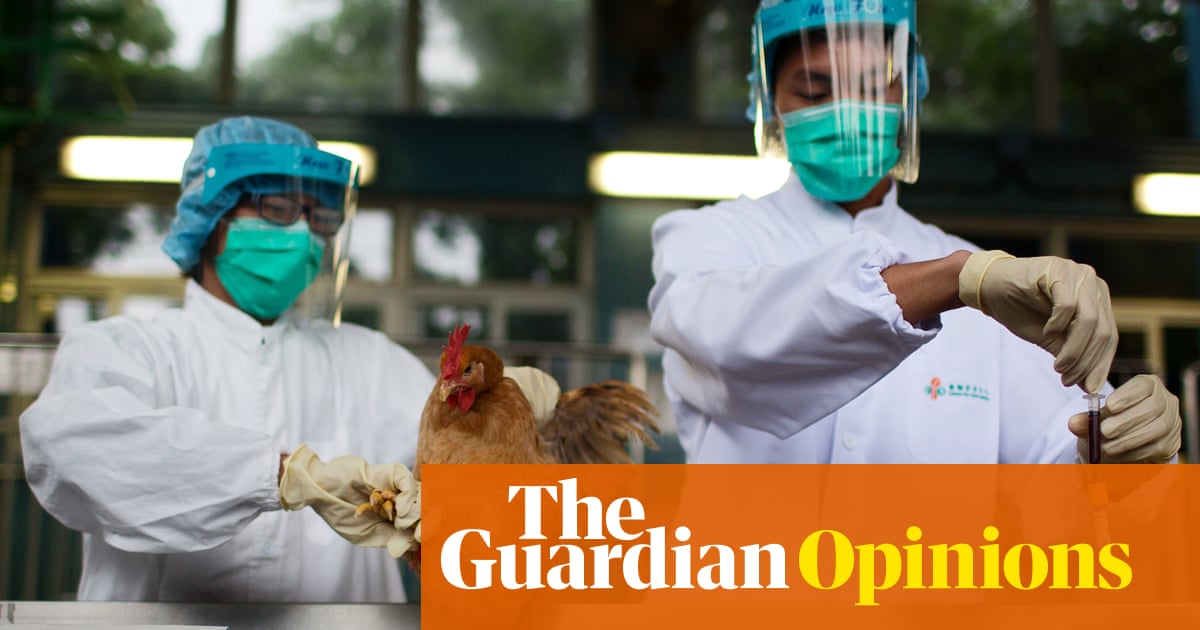
An "XKCD" comic and its many remixes perfectly captures the absurdity of academic research.

The dictate of 'systemic importance' is being used to purge all forms of culture resistant to marketization. A newly strengthened alliance between the cultural sector and civil society has emerged in response. But an anti-democratic backlash is also gaining ground, not least from within culture itself.

The virus will overwhelm health services across South America, Asia and Africa unless world leaders take urgent action.

As two UK universities cut their courses, historians fear others could follow.

Research assessment exercises in the UK ostensibly serve to evaluate research, but they also shape and manage it. The author argues that the REF promotes a narrow vision and calls for a wider distribution of research funding to prevent fields being captured by dominant academic cultures.

6 arguments are presented that articulate why cOAlition S organisations will not financially support the hybrid model of publishing.

A look at a session from last week's CHORUS Forum that discussed new open access business models -- what does it take to make them work?

We urgently need to create a high-profile campaign devoted to transforming universities in the way required so that humanity may learn how to make social progress toward a better, wiser, more civilized, enlightened world.
This is the midweek edition of Culture Study - the newsletter from Anne Helen Petersen. If you like it and want more like it in your inbox, consider subscribing. Subscribers: If you haven't activated your invitation to Sidechannel, email me for a new one! Along with
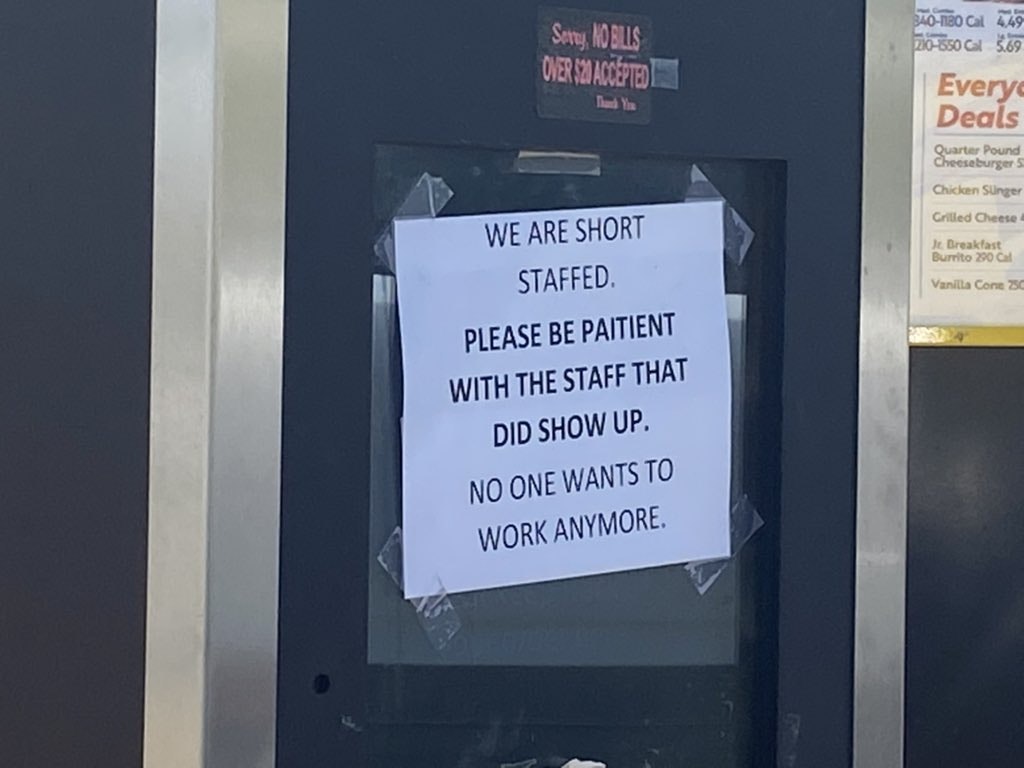
If we want real public understanding of new findings, we must also open up peer review.

This post explores how scholarly publishing should relate to scholarly communication. Ostensibly aligned, publishing and communication have diverged. Some processes involved in scholarly publishing are getting in the way of optimal scholarly communication, as the present pandemic amply reveals.
COVID-19 has transformed the world in the last 12 months. Communicating data has been a central part of the pandemic. Here are some of the most important lessons we can take from this period.
